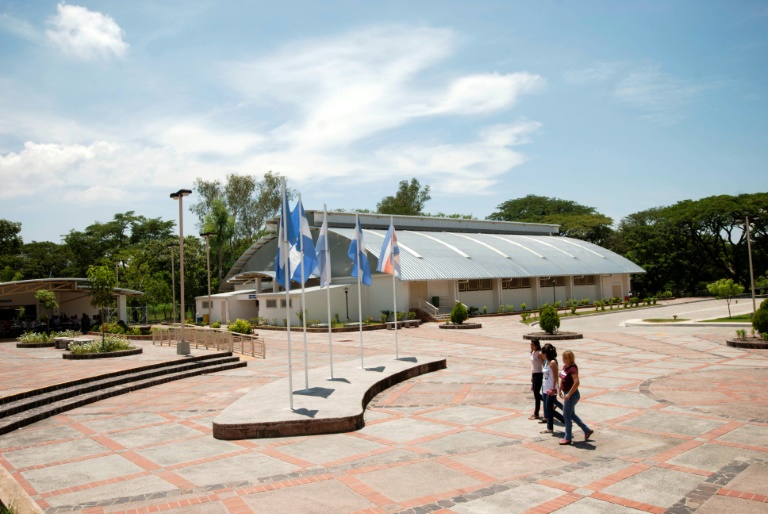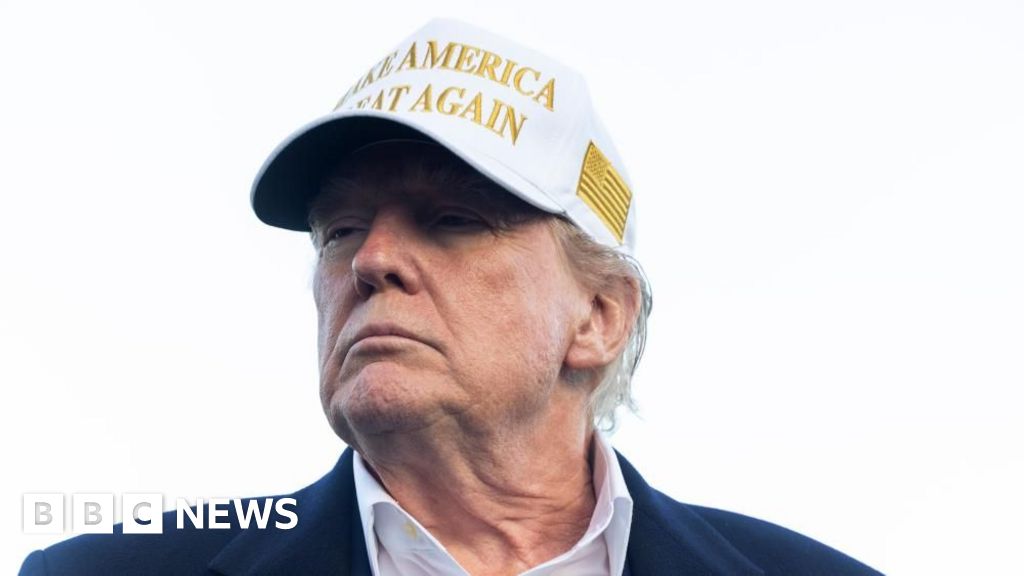Closure of Millennium Challenge Corporation Signals Shift in U.S. Foreign Development Policy

The administration of President Donald Trump has made a pivotal decision that could reshape U.S. foreign development initiatives. On Wednesday, the Trump administration ordered the abrupt closure of the Millennium Challenge Corporation (MCC), a U.S. government agency known for investing billions of dollars in infrastructure projects across Africa and other developing regions. This move is seen as a significant retreat from American influence in global development, particularly in light of China's expanding presence in these regions.
Founded in 2004 during George W. Bush's presidency, the MCC was established with bipartisan support to foster economic growth and good governance in developing nations. The agency has invested a substantial $17 billion since its inception, financing a range of projects from the construction of roads and schools to the modernization of electricity grids. However, the recent directive has prompted the MCC to exit its active projects worldwide, leaving many initiatives currently under construction without immediate support unless other partners step in.
During a staff meeting on Wednesday, an MCC executive informed employees that the agency would be winding down operations. "We are coming to an orderly close," the executive stated, as reported by an employee who requested anonymity. This announcement followed a memo regarding significant budget cuts imposed by Elon Musk's newly formed Department of Government Efficiency, leading to the potential loss of jobs for the majority of MCC staff.
President Trumps stance towards international aid, particularly in sub-Saharan Africa, has been well-documented. He has repeatedly expressed skepticism about development aid programs, arguing that these initiatives do not directly benefit U.S. interests. This philosophy aligns with his earlier decision to shutter the U.S. Agency for International Development (USAID), a much larger organization dedicated to a broad range of humanitarian missions.
Despite the MCCs focus on strengthening private-sector investment in developing economies, the employee emphasized that the agency's mission differs significantly from that of USAID. "We're not doing humanitarian assistance. We're not doing social justice. We're very much building up an environment for private-sector investment in foreign economies," they noted. This strategic focus, according to the employee, aligns closely with the idea of putting America first in global economic engagement.
Critics have raised concerns that the dismantling of the MCC might inadvertently enhance China's growing influence in Africa. Infrastructure projects, such as roads, hospitals, and power facilities, have been a hallmark of Chinese investment in the continent. Chinese President Xi Jinping recently announced an additional $51 billion investment in Africa over the next three years, which could further bolster China's foothold at a time when U.S. initiatives are retreating.
In light of this recent development, the Biden administration has acknowledged the challenges the U.S. faces in competing with China's state-led investment strategies. However, they have argued that the U.S. can provide a more sustainable and accountable model of development. As part of the MCC's closure, countries will be officially notified on Friday that their existing contracts will be terminated within the next 40 days, greatly impacting ongoing projects.
The MCC will have limited extensions in four countriesIvory Coast, Mongolia, Nepal, and Senegalallowing for a brief period to ensure safety at construction sites. In Nepal, for example, a $500 million grant aimed at enhancing road infrastructure and boosting electricity trading with India will now face an uncertain future. Similarly, a $600 million project in Senegal, which has already begun addressing electricity access in rural areas, will also be affected.
Elizabeth Hoffman, the North American executive director for the anti-poverty organization ONE, voiced her concerns regarding the MCC's closure, highlighting its innovative approach to development assistance that promotes accountability among governments. MCC brings an innovative and entrepreneurial approach to development assistance that holds governments accountable and effectively counters malign foreign influences like China, she stated.
As the Trump administration moves forward with this controversial decision, the future of U.S. foreign aid and its role in global development remains uncertain, raising critical questions about the implications for both American interests and the countries reliant on U.S. investment.
















